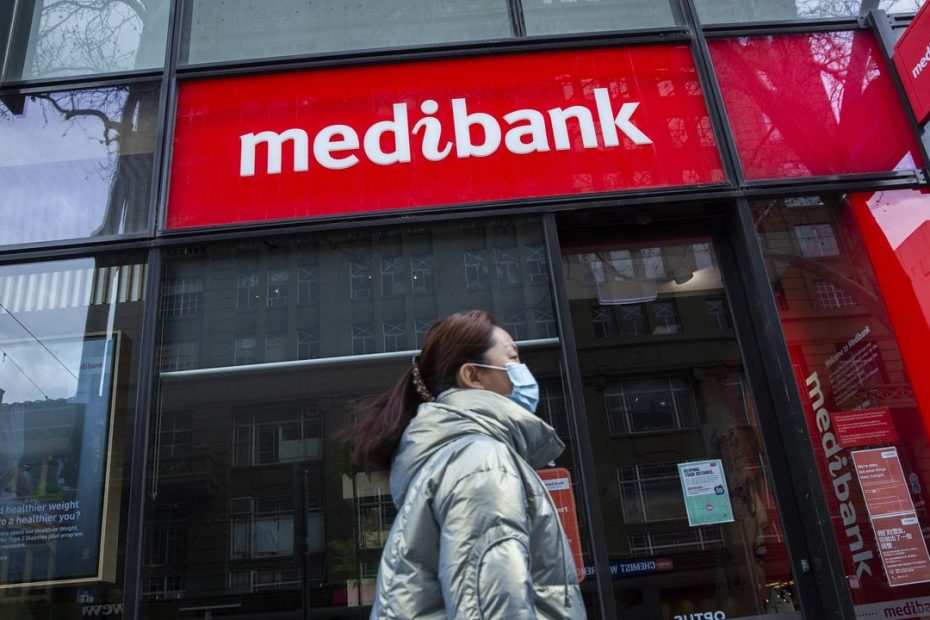Keyloggers are a type of malware that has been around since the 1970s, when they were used to monitor typewriters in the Soviet Union.
This is a program that runs continuously on your computer from the moment you boot it up.
The keylogger will either record all of your keystrokes or only those made in specific fields on websites.
Experts have questioned how up to 200 gigabytes of highly sensitive customer data could have been removed from Medibank’s systems without anyone noticing.
Investigators believe the data was compressed in a manner familiar to anyone who has ever had to send multiple large files via email.
Although Medibank has said it has found no evidence of a ransomware attack but most criminals, in such cases had demanded a ransom from the companies and threatened to expose their customers’ data , in this case it could be information pertaining to treatments, ailments, and claims.
This might have a negative impact on the company’s reputation and, eventually, loss of customers and sale.
We trust that Medibank will handle the situation with the utmost professionalism and sensitivity.
>> So , How do we stay safe on the Internet ?
- Firewall : Use a good one, some of them come with a powerful set of advanced security services, including intrusion detection and prevention (IPS).
- Password Manager : It uses technic such as copy passwords , Autofill and Obfuscation. This does not always work because there are many advanced malware variants that can take screenshots or target offline password databases. Although its primary function is not to prevent keylogging, if you do come across a key logger and have a password manager installed, you may only lose a strong single use password for one account rather than every password for every account you use.
- Anti-Virus : Use a good antivirus (anti-malware) program. It may detect and remove malware proactively, but it will not help with the zero-day attack / vulnerability.
- Update software and OS : Keep your software and operating system up to date to improve system security. This includes your operating system, applications, and programs.
Malware exploits vulnerabilities in outdated software. • - Use MFA : Multi Factor Authentication requires you to provide an additional pin code, which will be sent over to you via email or text message. So, even if a malware gains access to your system, it will not be able to obtain the one-time use pin code.
- Most import: Educate you team to download only safe files from the trusted and clean websites.

About the Author
Sachin
Sachin is a Cloud and an IT expert with a vast experience in Systems , Security and Integration.
